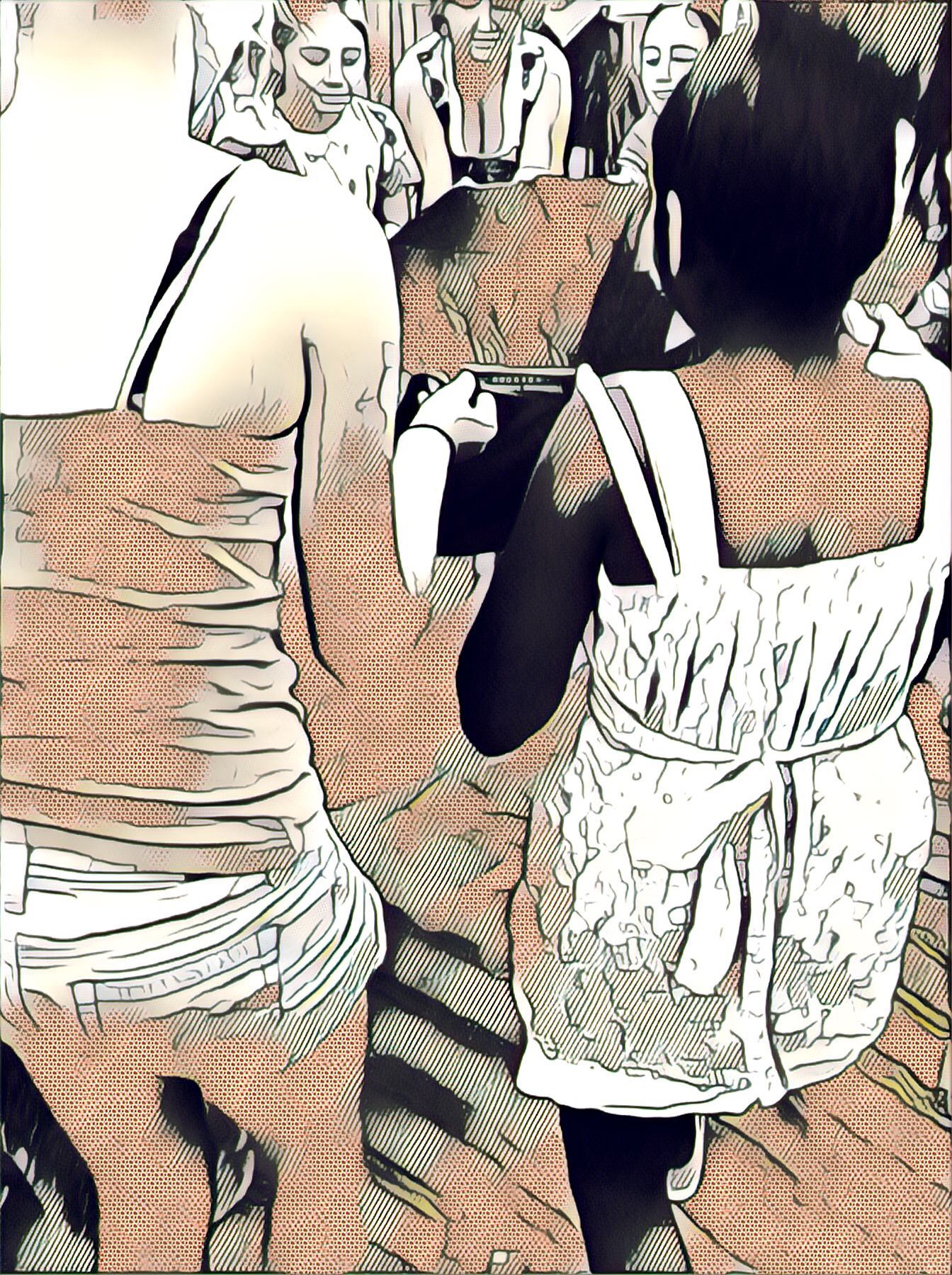Dr. Natalie Brown is back with us this week sharing her activism and research in the UK surrounding girls’ menstrual experience with an aim to improve their menstrual cycle education in schools and through other channels.
We’re on it.
Are perceptions of periods changing? In the UK there has recently been a shift in perceptions, news articles and the media are writing about the menstrual cycle and the benefits of exercise…whatever next!
Finally, the stigma associated with periods may be changing and it is refreshing to be involved in research and work within this area to help support and tackle the taboo. Despite this initial positive view, I felt a lot of information was aimed at those women aged 20+, those who are already managing their menstrual cycle and furthermore a very reactive approach in trying to ‘undo’ views and perceptions currently engrained in us. What about young girls just starting their periods, navigating this time in life; surely providing information and education would be more beneficial for them?
I couldn’t ignore this, and since I have been working on two projects to help initiate a change. The first has involved working with a group of young ambassadors aged 15-18, creating a campaign ‘we’re on it.period’ with the aim of these young people opening up conversations, using sport as a platform, for those of a similar age and providing information within their sport and local communities they are involved in. Giving these young females a voice has been important and extremely powerful. Inevitably COVID had an impact on plans, with hopes to put up posters, arrange sessions to talk about the menstrual cycle and provide free menstrual products at venues they train at, but with all activities stopped a new approach was required, social media! Over to the young girls, they guided me through the world of Instagram (@we_are_on_it.period) as a way to share information and experiences which has been successful. But this was not enough for this group of driven and enthusiastic young females. We are now excited to be starting our first podcast to continue the conversation focusing on periods and participation in physical activity. It is providing an opportunity to bring the element of open conversation to life, in a format that is accessible in the current environment and increasing their own confidence in talking and sharing information about the menstrual cycle.
Although this has been a brilliant start in reaching more young individuals, it still did not feel enough, more needs to be done. My initial thoughts were supported by my research findings of education, or lack of education, being provided in schools. Through a survey aimed at teachers, out of 789 respondents 63% reported education being provided with 56% of this total focusing on the biology of the menstrual cycle. Only 14% reported lived experiences and management being provided to girls. In addition to teachers reporting an effect of the menstrual cycle on attendance, confidence and performance in school, 88% of teachers perceived the menstrual cycle as the most prevalent reason to affect participation in physical activity. These figures need to change.
Education is massively needed as periods should never stop participation…not just in sport, any aspect of life. The aim is to use sport as a platform to empower girls to manage their periods, talk to other girls and also show the power of exercise to help improve symptoms associated with the menstrual cycle through the positive effects on both physical and mental health. Incorporated within this education is the need to highlight to both teachers and girls of the variation in symptoms both physically and psychologically which may impact the type of exercise performed throughout the menstrual cycle. For instance, the time between a period and ovulation could result in increased confidence, high energy levels and feeling extremely motivated – bring on a new challenge, try a new sport or skill, exercise super hard at high intensities. However, the week before a period may bring changes in mood and emotion, less motivation, decreased energy levels, painful breasts and stomach cramps. Use exercise to help reduce these negative symptoms, this might include going for a walk or light exercise such as yoga. By having an awareness and adjusting the type of exercise can help to stay active throughout a menstrual cycle and even make those symptoms more manageable and we need support girls to be able to achieve this.

Dr. Natalie Brown
Dr. Natalie Brown is a research scientist working with the Welsh Institute of Performance Science, specialising in the menstrual cycle and the impact on sport and physical activity.


